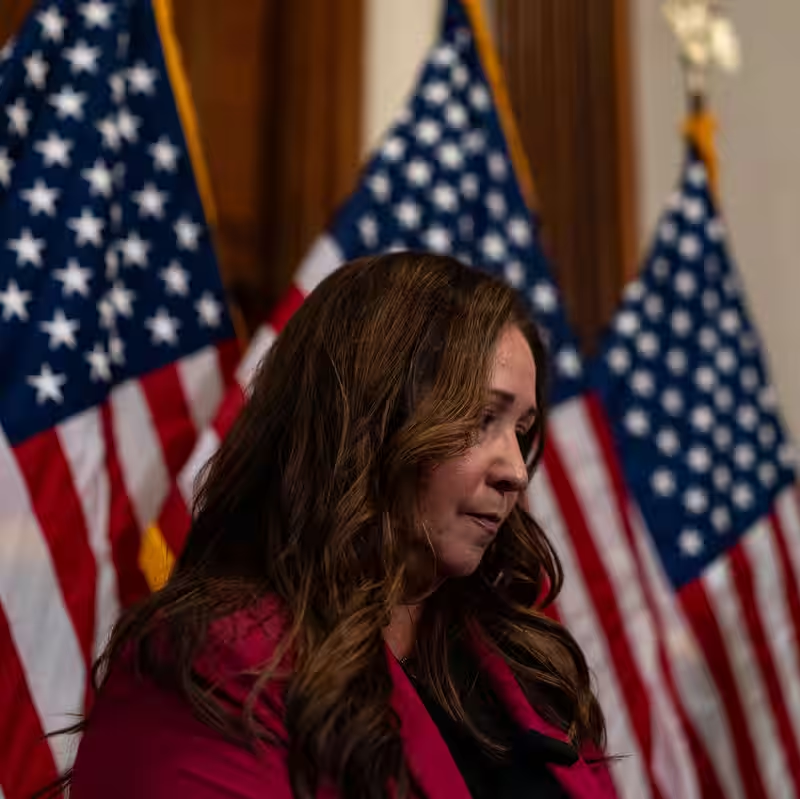In a historic and politically charged legal move, Representative-elect Adelita Grijalva of Arizona has filed a federal lawsuit against House Speaker Mike Johnson, demanding to be sworn into Congress without further delay. The suit, filed jointly with Arizona Attorney General Kris Mayes on October 22, 2025, argues that the Speaker has no constitutional authority to block a duly elected member from taking their seat .
What’s Behind the Grijalva Swearing-In Dispute?
Adelita Grijalva, daughter of longtime Arizona Congressman Raúl Grijalva, won her election to represent Arizona’s 7th Congressional District in a landslide. Yet, weeks after her victory and the official certification of results, she remains unsworn—unlike nearly all other newly elected members of the 119th Congress.
According to court documents, Speaker Johnson has cited “pending administrative reviews” as justification for the holdup, though no specific legal or procedural basis has been publicly provided. Grijalva’s legal team contends this delay is both unprecedented and unconstitutional.
The Legal Argument: Why the Grijalva Lawsuit Matters
The core of the Grijalva lawsuit rests on Article I, Section 5 of the U.S. Constitution, which states that “each House shall be the Judge of the Elections, Returns and Qualifications of its own Members.” However, legal scholars note that once a candidate has been certified by their state and meets constitutional qualifications (age, citizenship, residency), the House has no legitimate grounds to deny seating—especially without cause.
Arizona Attorney General Mayes emphasized in a statement: “This isn’t about politics—it’s about upholding the will of Arizona voters and the rule of law. Adelita Grijalva won fair and square. Delaying her oath violates democratic norms.”
Historical Context: Rare but Not Unprecedented
While Congress has occasionally delayed seating members over contested elections or ethics concerns (e.g., Adam Clayton Powell Jr. in 1967), such actions typically involve formal challenges or bipartisan consensus. In Grijalva’s case, no such challenge exists—making the delay appear politically motivated to critics.
Key Players in the Grijalva Controversy
| Name | Role | Position on Delay |
|---|---|---|
| Adelita Grijalva | Representative-elect, AZ-07 | Opposes delay; filed lawsuit |
| Mike Johnson | Speaker of the House | Citing “procedural review” |
| Kris Mayes | Arizona Attorney General | Co-plaintiff in lawsuit |
| House Administration Committee | Oversees member credentials | Has not issued public statement |
What Happens Next?
The federal court in Phoenix is expected to schedule an emergency hearing within days. Legal experts suggest a swift ruling is likely, given the constitutional urgency. If the court sides with Grijalva, Johnson could be ordered to administer the oath immediately—or face potential contempt proceedings.
Meanwhile, Democratic leadership in the House has remained largely silent, though internal sources say pressure is mounting for a public response. Republicans, for their part, have offered no unified explanation for the delay, fueling speculation about internal party dynamics or personal objections to the Grijalva family’s progressive legacy.
For Arizona voters, the stakes are clear: their representative is ready to serve—but locked out of the chamber through no fault of her own.




